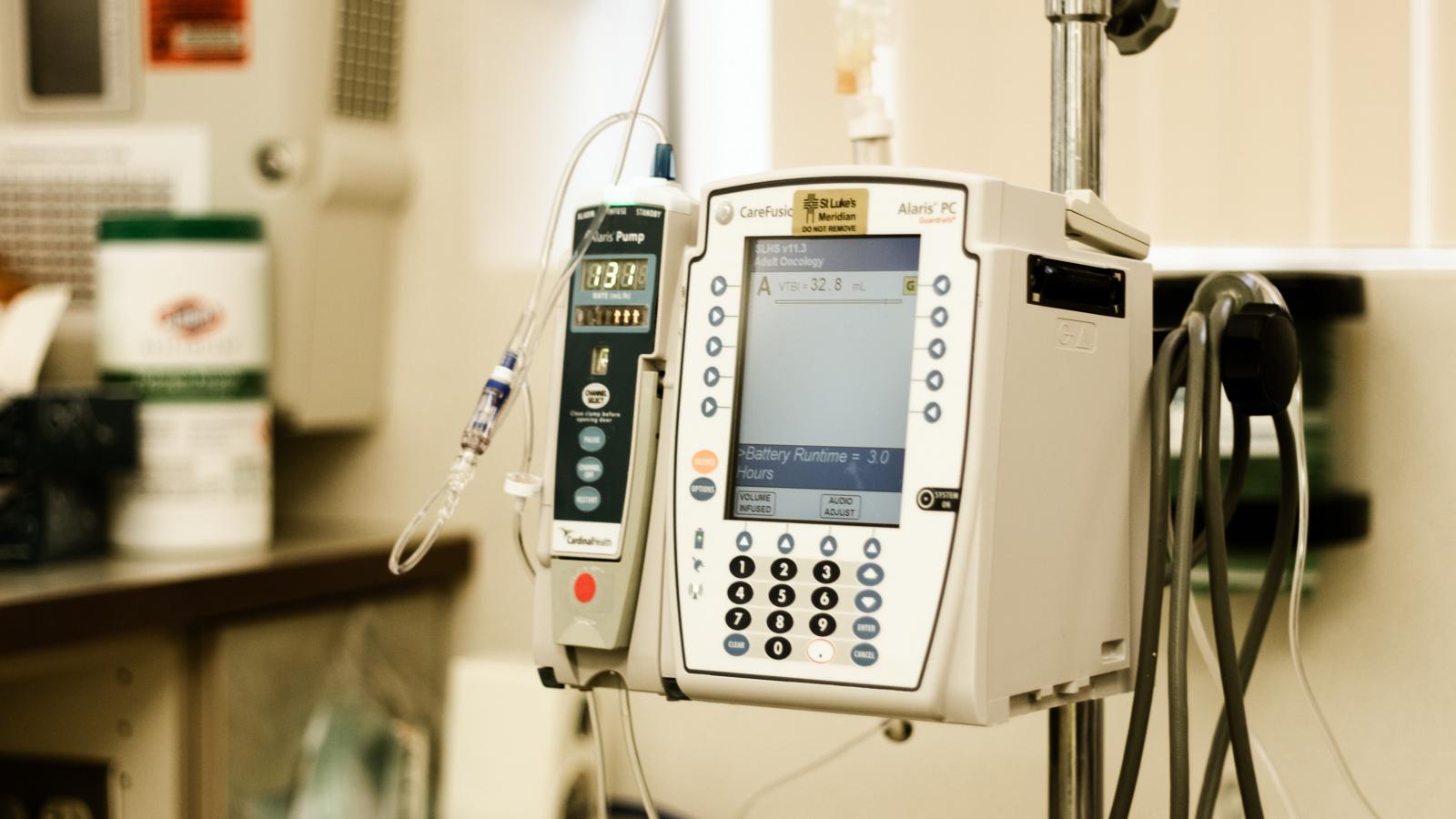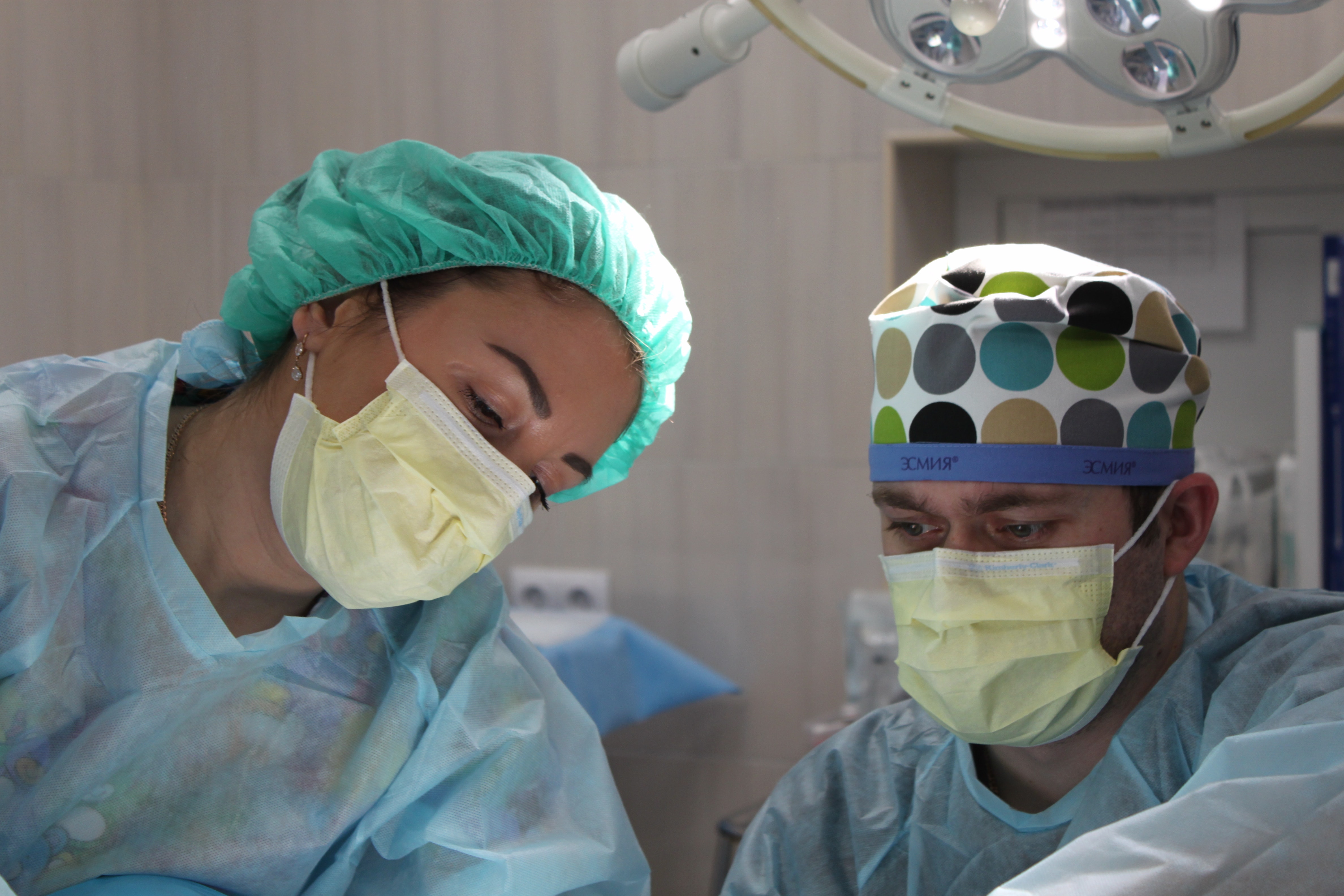How is ovarian cancer treated?

Treatment pathways
There are 2 main treatment pathways for ovarian cancer when it is first diagnosed:
Surgery as your first treatment
- Surgery first (primary cytoreductive surgery)
▼ - Chemotherapy after surgery (adjuvant chemotherapy)
This is called primary cytoreductive surgery with adjuvant chemotherapy.
Chemotherapy before and after surgery
- 3-4 chemotherapy treatments first (neo adjuvant chemotherapy)
▼ - Surgery (interval cytoreductive surgery)*
▼ - Further chemotherapy
This is called neo-adjuvant chemotherapy and interval cytoreductive surgery.
Your multidisciplinary team will decide the best treatment pathway for you.
*Some patients may have HIPEC chemotherapy during surgery. This involves giving a solution of heated chemotherapy direct to the surfaces inside the abdomen. Not every patient is suitable for HIPEC. There are trials ongoing to help decide which patients benefit the most. Your consultant will explain if HIPEC may be appropriate for you.
Types of treatment
Surgery
Surgery involves an operation to remove the cancer cells. Surgery is one of the main treatments for ovarian cancer. Usually surgery for ovarian cancer involves removal of the ovaries, womb (uterus), cervix (neck of womb) and fallopian tubes.
If you have a borderline ovarian tumour or a low-grade very early stage cancer (stage 1a) you may have just the affected ovary and fallopian tube removed. If your cancer is more advanced, other tissues may need to be removed. This is called cyto-reductive surgery.
Your doctor will discuss with you the most appropriate type of surgery, depending on the stage and grade of your cancer.
Read more about ovarian cancer surgery.
Chemotherapy
Chemotherapy is the use of drugs to kill or control the cancer cells. You may have chemotherapy:
• After your surgery (adjuvant chemotherapy)
• Before surgery (neo-adjuvant chemotherapy) and again after you recover from surgery.
Your doctor or nurse will discuss your treatment with you.
Read more about chemotherapy and its side-effects. You can also read our booklet: Understanding chemotherapy and other cancer drugs.
Targeted therapies
Targeted therapies are drugs that can help your body to fight cancer. They target the parts of cancer cells that make them different from healthy cells. You might have a targeted therapy as part of a clinical trial. The main targeted therapies currently used for ovarian cancer are:
• PARP inhibitors: These drugs stop the PARP protein from working. PARP is a protein that helps damaged cells to repair. By blocking PARP, the damaged cancer cells cannot repair and therefore cannot grow.
• Bevacizumab (avastin): This drug blocks a protein called VEGF. This protein helps cancer cells to develop their own blood supply. When VEGF is blocked, cancer cells are prevented from growing their own blood supply, which they need to survive.
Read more about targeted therapies.
External radiotherapy
This involves using high-energy X-rays to kill the cancer cells. Radiotherapy is not routinely used in the treatment of ovarian cancer. Occasionally it may be considered if the cancer has recurred (come back) in one area that may not be suitable for surgery.
Read more about radiotherapy.
Will I get side-effects?
The type of side-effects you get will depend on the type of treatment, the dose, the duration and your own general health. Your doctor or nurse will discuss any possible side-effects with you before your treatment.
We have more information about cancer side-effects and tips to cope.
Treating recurrent ovarian cancer
Ovarian cancer can come back again (recur), even if your initial treatment has gone well. This is why it is important to tell your team if you have any symptoms that are bothering you and to go to all your follow-up appointments. Your specialist nurse will explain the symptoms to look out for. If you experience these symptoms, you may need further tests, such as a scan, to check if the cancer has returned.
If your cancer does return, there are many treatments now available. Second surgeries can be considered in some cases, but repeat chemotherapy and newer targeted treatments are commonly used. Immunotherapy drugs may also be considered for some women.
Because recurrence of ovarian cancer is common, it is often now regarded as a chronic illness requiring multiple lines of treatment. Many of the clinical trials are focused on this area.

For more information
Phone
1800 200 700




